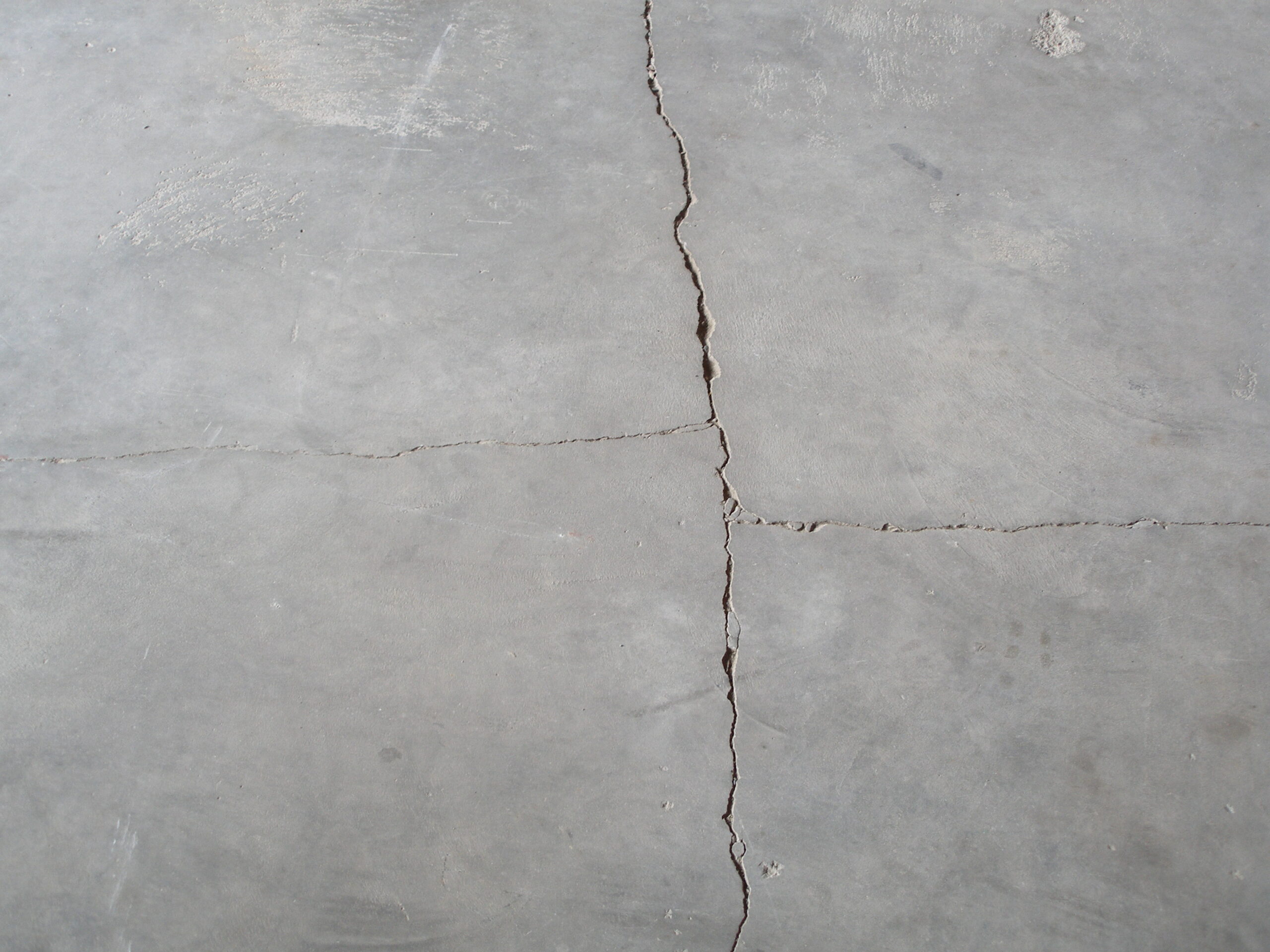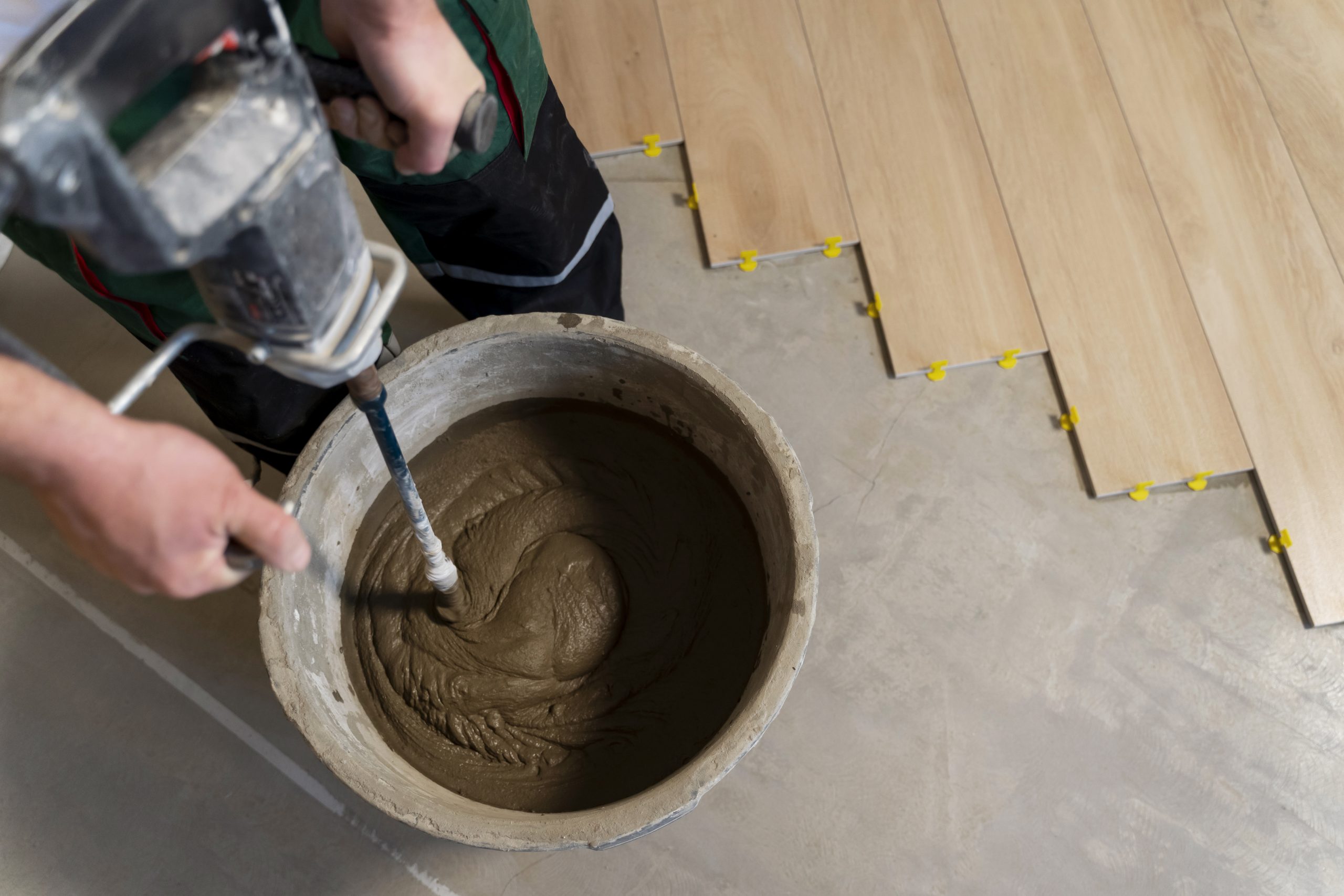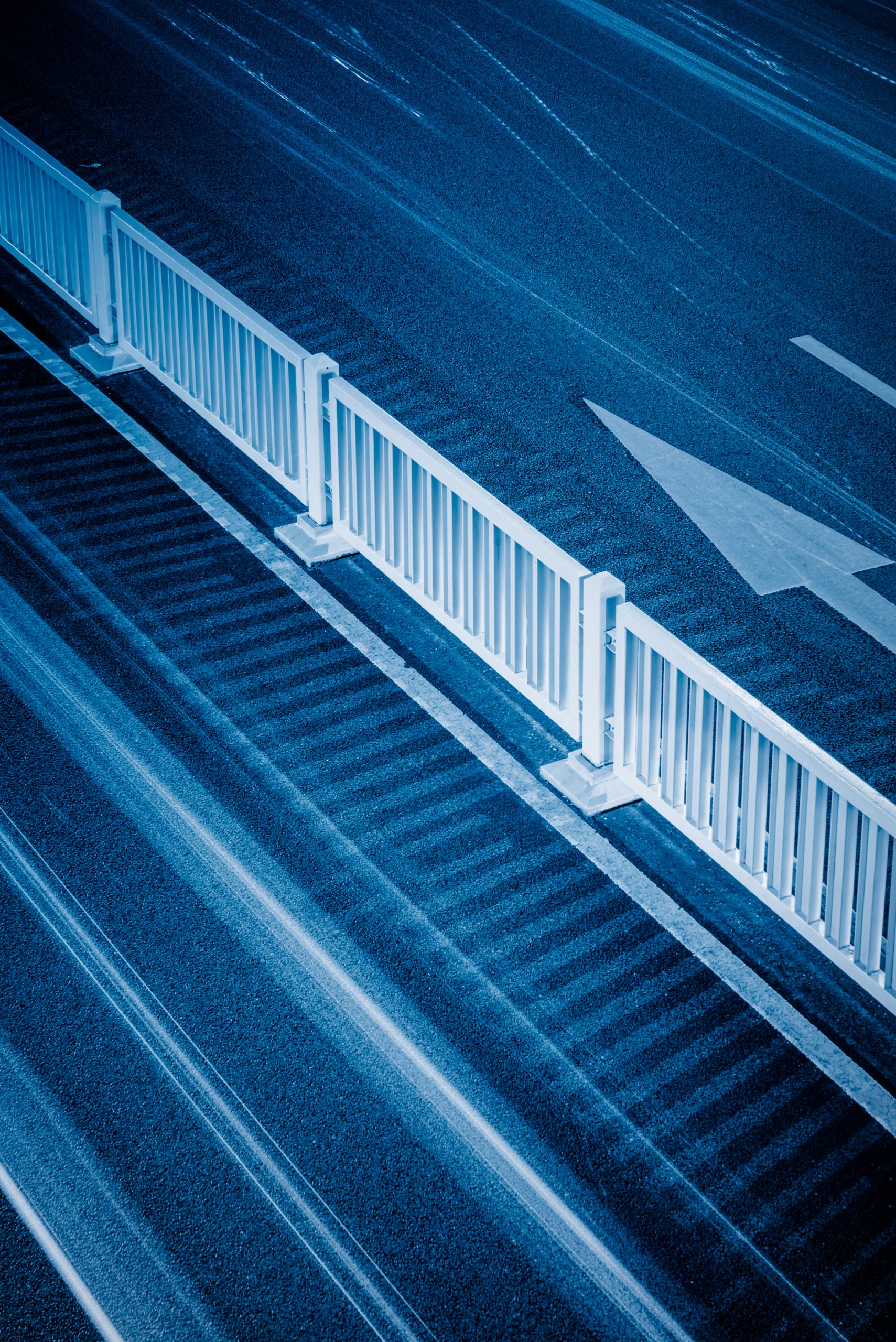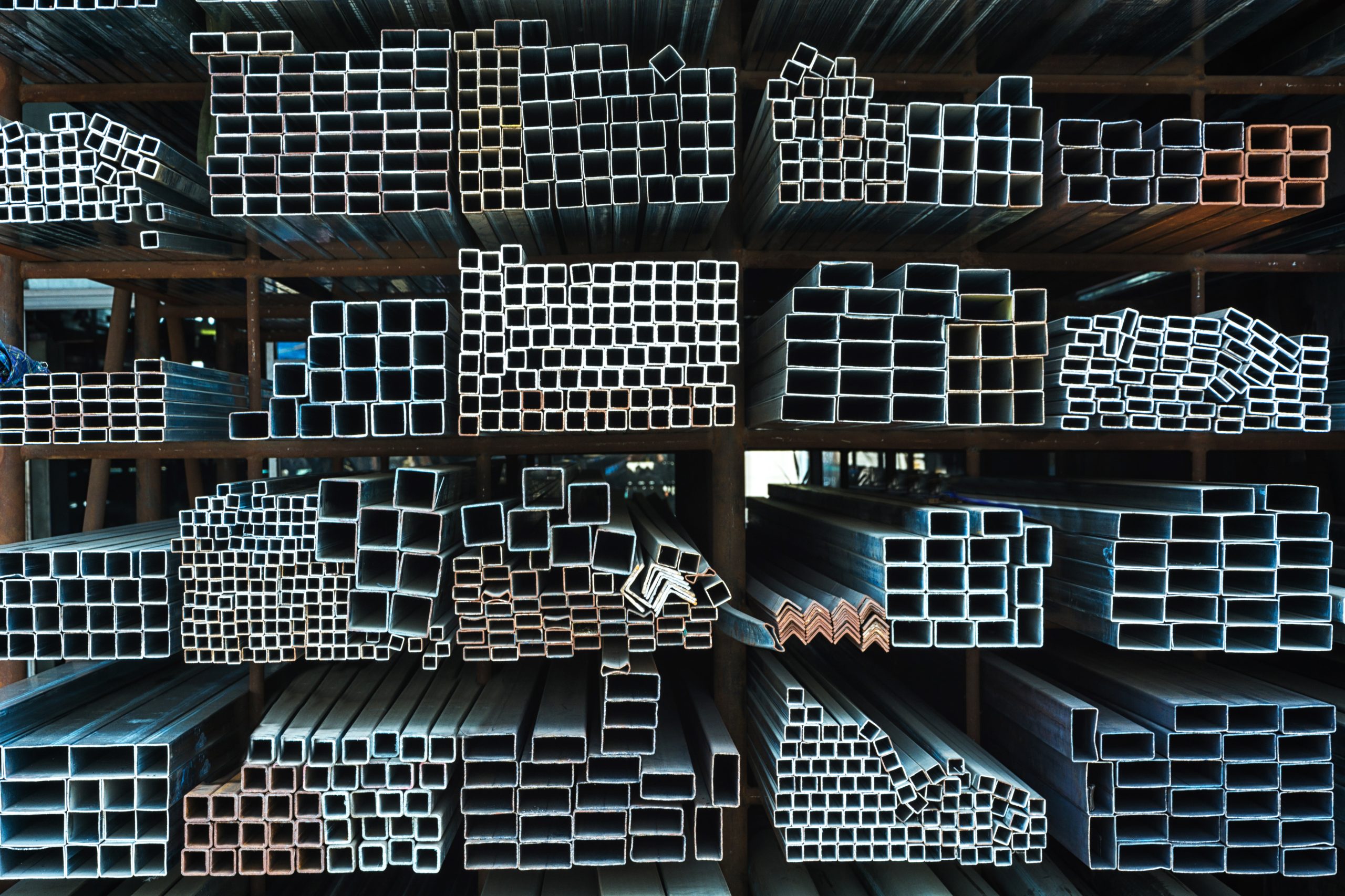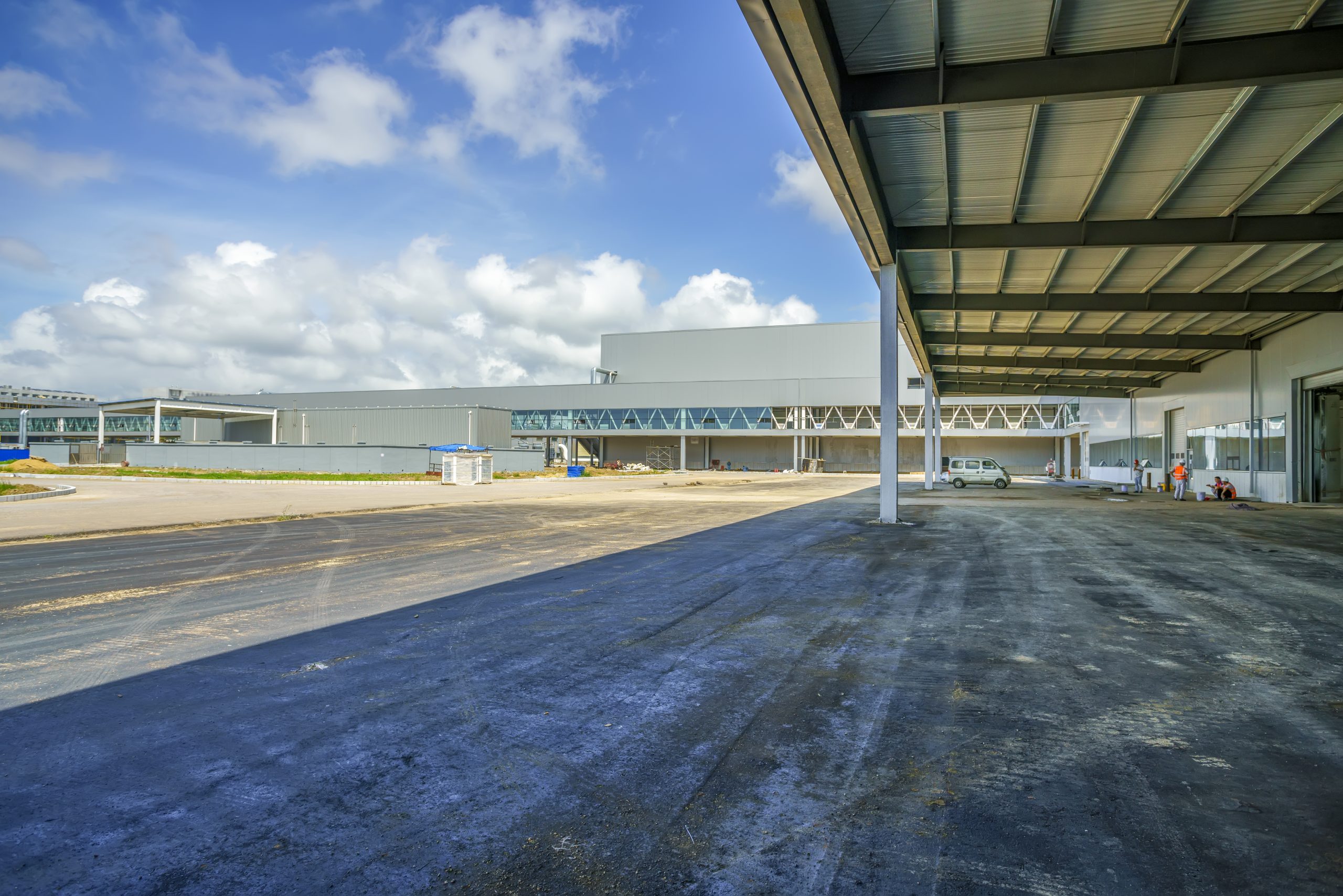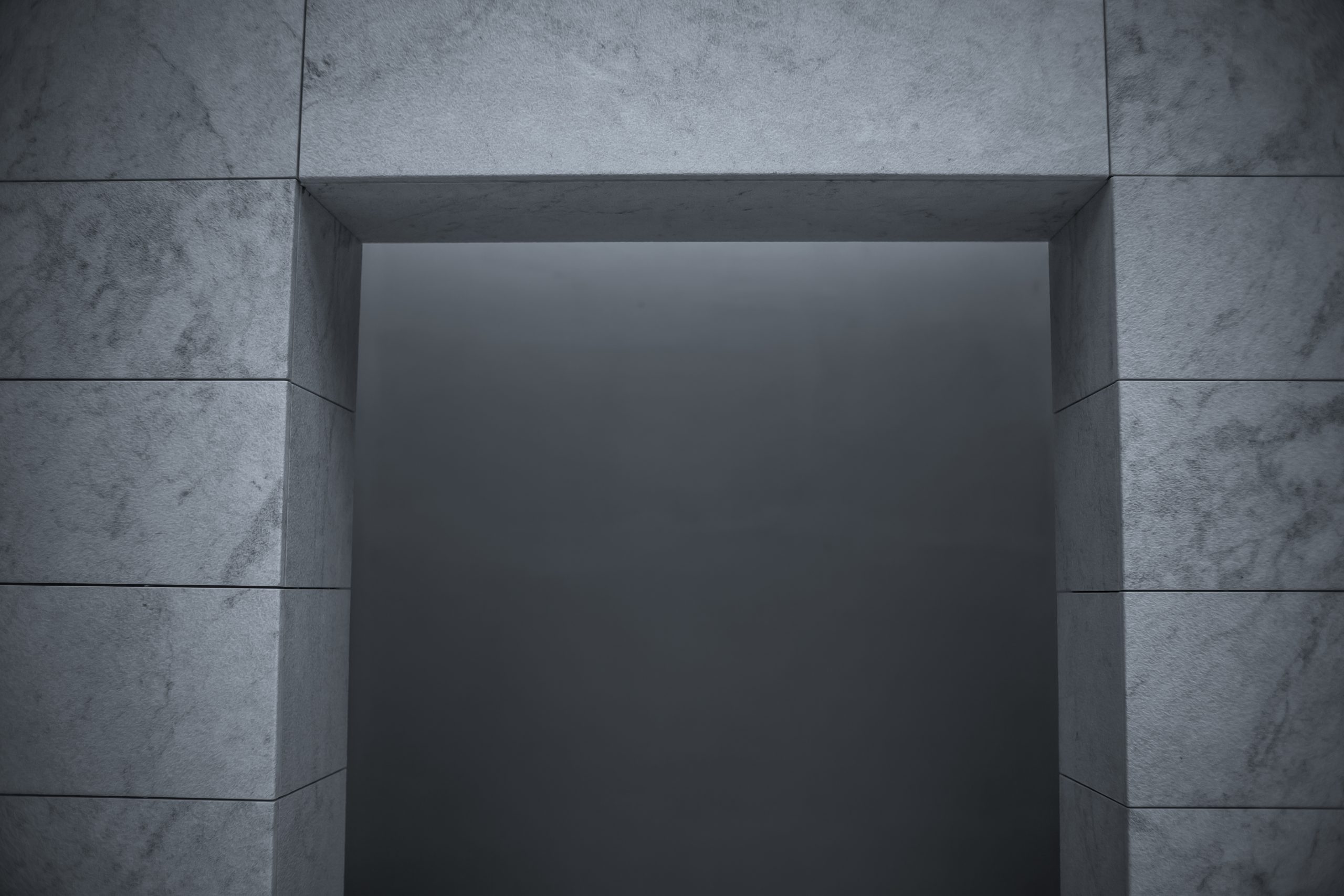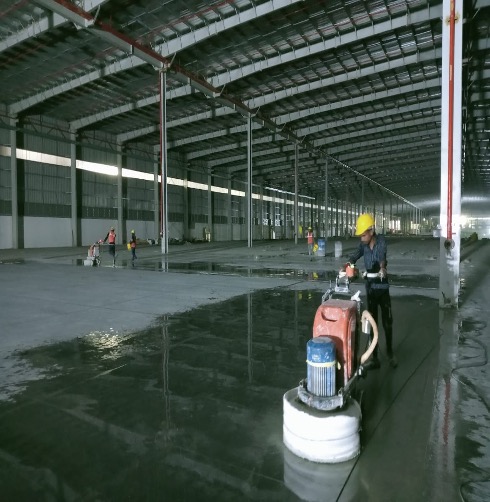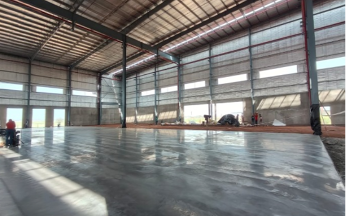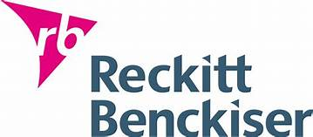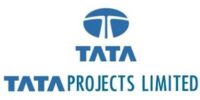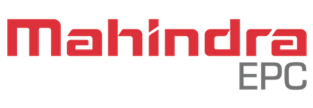Fibers in Concrete: Enhancing Durability and Performance
Concrete is a versatile and widely used construction material known for its strength and durability. However, traditional concrete has some limitations, such as its susceptibility to cracking and shrinkage. To overcome these challenges and improve the performance of concrete, fibers are often added to the mix. Fibers in concrete play a crucial role in enhancing its properties, making it more durable, flexible, and resistant to cracking. In this article, we will explore the different types of fibers used in concrete, their benefits, and how Indus Arabia Concrete Flooring Company can provide you with high-quality fiber-reinforced concrete solutions.
Understanding Fiber-Reinforced Concrete
Fiber-reinforced concrete (FRC) is a composite material made by adding fibers to the concrete mix. These fibers, typically ranging from 0.1% to 3% by volume, are evenly distributed throughout the concrete matrix, improving its overall performance. The fibers act as a reinforcement, helping to control cracking, enhance toughness, and increase the concrete’s ability to withstand various stresses.
The primary function of fibers in concrete is to prevent the formation and propagation of cracks. When concrete is subjected to tensile or flexural stress, it tends to crack. Fibers bridge these cracks, reducing their width and preventing them from growing larger. This crack-arresting mechanism significantly improves the durability and longevity of concrete structures.
Types of Fibers Used in Concrete
Several types of fibers can be used in concrete, each offering unique benefits and applications. The most commonly used fibers in concrete are:
1. Steel Fibers
Steel fibers are one of the most popular and widely used types of fibers in concrete. These fibers are typically made from low-carbon steel and come in various shapes, such as hooked, crimped, or straight. Steel fibers are known for their high tensile strength and ability to improve the flexural and impact resistance of concrete.
Benefits of Steel Fibers:
- Improved Durability: Steel fibers enhance the toughness of concrete, making it more resistant to impact, abrasion, and fatigue.
- Crack Control: Steel fibers effectively reduce crack formation and propagation, increasing the lifespan of concrete structures.
- Enhanced Load-Bearing Capacity: The addition of steel fibers improves the load-bearing capacity of concrete, making it suitable for heavy-duty applications such as industrial floors, pavements, and precast elements.
Steel fiber-reinforced concrete is commonly used in applications where high strength and durability are required, such as in industrial flooring, bridge decks, tunnels, and airport runways.
2. Glass Fibers
Glass fibers, also known as alkali-resistant (AR) glass fibers, are made from a specific type of glass that can withstand the alkaline environment of concrete. These fibers are typically used in non-structural applications where aesthetic appearance and surface finish are important.
Benefits of Glass Fibers:
- Improved Surface Finish: Glass fibers help reduce surface cracking and improve the overall finish of concrete surfaces, making them ideal for architectural and decorative applications.
- Lightweight: Glass fibers are lightweight and easy to handle, making them suitable for thin, lightweight concrete elements.
- Corrosion Resistance: Glass fibers are resistant to corrosion, making them suitable for environments with high moisture or chemical exposure.
Glass fiber-reinforced concrete is often used in cladding panels, facades, and decorative elements where a smooth surface finish and aesthetic appeal are essential.
3. Polypropylene Fibers
Polypropylene fibers are synthetic fibers made from a thermoplastic polymer. These fibers are commonly used in concrete to improve its crack resistance and durability. Polypropylene fibers are available in different forms, such as microfibers and macrofibers, each serving different purposes.
Benefits of Polypropylene Fibers:
- Crack Reduction: Polypropylene fibers help control plastic shrinkage cracking, which occurs during the early stages of concrete curing.
- Improved Workability: The addition of polypropylene fibers enhances the workability of concrete, making it easier to place and finish.
- Cost-Effective: Polypropylene fibers are a cost-effective solution for improving concrete performance, making them popular in a wide range of applications.
Polypropylene fiber-reinforced concrete is commonly used in slabs-on-ground, overlays, pavements, and shotcrete applications.
4. Synthetic Fibers
Synthetic fibers, including nylon, polyester, and polyethylene fibers, are widely used in concrete to improve its toughness and durability. These fibers are available in various forms, such as monofilament and fibrillated, and can be used in both structural and non-structural applications.
Benefits of Synthetic Fibers:
- Enhanced Toughness: Synthetic fibers improve the toughness of concrete, making it more resistant to impact and fatigue.
- Crack Control: Synthetic fibers help control cracking caused by drying shrinkage and temperature changes.
- Versatility: Synthetic fibers are suitable for a wide range of applications, including residential, commercial, and industrial concrete projects.
Synthetic fiber-reinforced concrete is often used in slabs, pavements, overlays, and precast concrete products.
5. Natural Fibers
Natural fibers, such as coconut coir, sisal, and jute, are environmentally friendly alternatives to synthetic fibers. These fibers are renewable, biodegradable, and offer unique properties that can enhance the performance of concrete.
Benefits of Natural Fibers:
- Sustainability: Natural fibers are eco-friendly and contribute to sustainable construction practices.
- Crack Control: Natural fibers help reduce crack formation and improve the overall durability of concrete.
- Improved Insulation: Natural fibers can enhance the thermal and acoustic insulation properties of concrete.
Natural fiber-reinforced concrete is commonly used in eco-friendly construction projects, such as green buildings and sustainable infrastructure.
Indus Arabia Concrete Flooring Company: Your Trusted Partner for Fiber-Reinforced Concrete Solutions
Indus Arabia Concrete Flooring Company is a leading provider of high-quality fiber-reinforced concrete solutions in Saudi Arabia. With years of experience in the industry, Indus Arabia is committed to delivering durable, reliable, and cost-effective concrete flooring solutions that meet the unique needs of our clients.
Why Choose Indus Arabia Concrete Flooring Company?
- Comprehensive Fiber Solutions: Indus Arabia offers a wide range of fiber options, including steel fibers, glass fibers, polypropylene fibers, synthetic fibers, and natural fibers, to enhance the performance of your concrete projects.
- Expertise and Experience: Our team of experts has extensive knowledge and experience in fiber-reinforced concrete, ensuring that your projects are completed to the highest standards.
- Customized Solutions: We understand that every project is unique, which is why we offer customized fiber-reinforced concrete solutions tailored to your specific requirements.
- Quality Assurance: At Indus Arabia, we prioritize quality and durability, ensuring that our fiber-reinforced concrete products meet industry standards and exceed client expectations.
Contact Us Today!
If you are looking for top-quality fiber-reinforced concrete solutions for your next project, look no further than Indus Arabia Concrete Flooring Company. Our team is ready to assist you with all your concrete flooring needs, providing you with durable, reliable, and cost-effective solutions that will stand the test of time.
Get in Touch:
- Email: info@indusarabia.com.sa
- Website: Indus Arabia Concrete Flooring Company
Don’t miss the opportunity to enhance the durability and performance of your concrete projects with the best fiber-reinforced concrete solutions in Saudi Arabia. Contact Indus Arabia Concrete Flooring Company today and let us help you build stronger, more resilient structures!

